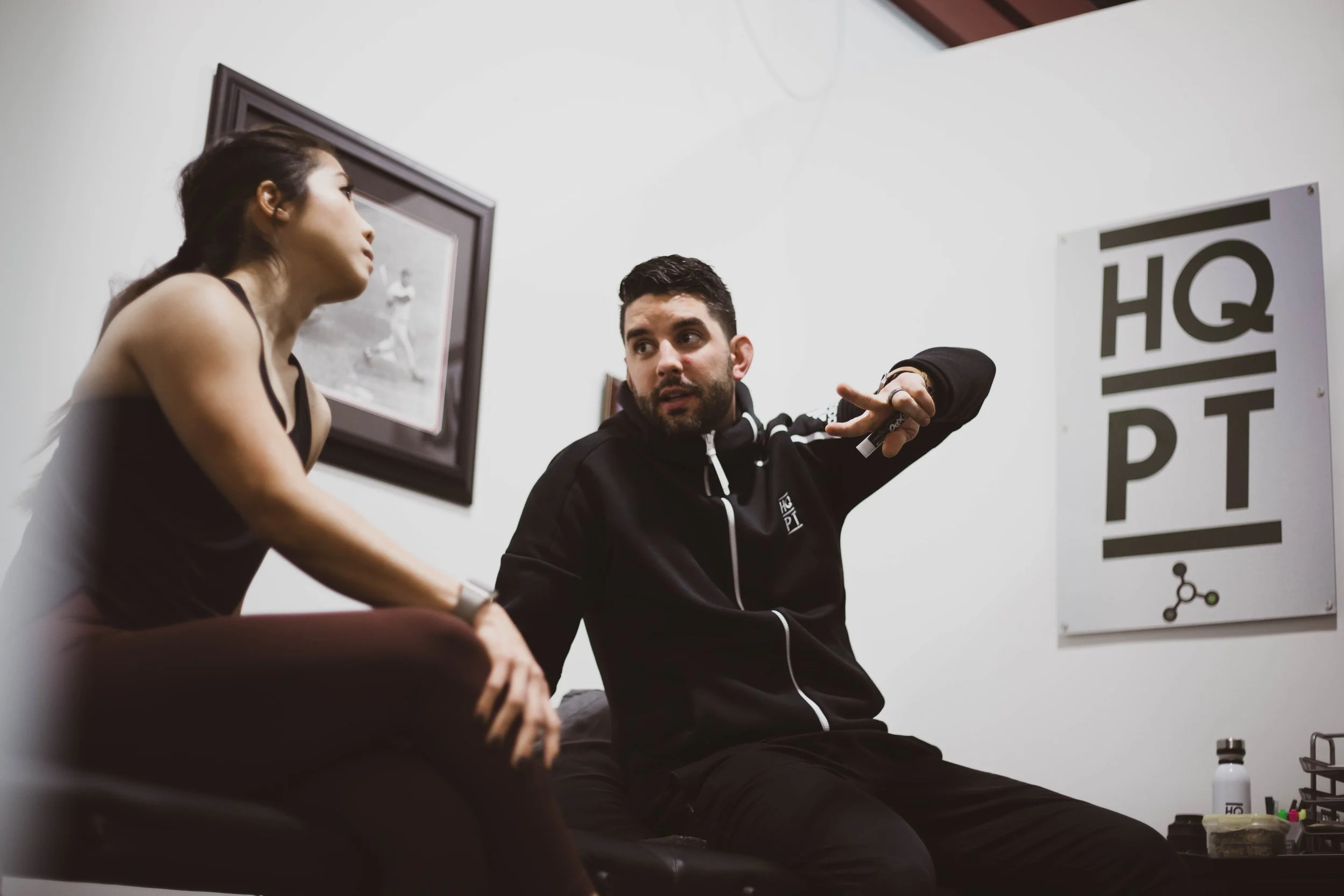5 Signs You Should See a Physical Therapist (Beaverton Edition)
It’s easy to ignore discomfort or delay getting help when pain or mobility issues arise. Whether it’s a lingering backache, a stiff knee Pain, or daily tasks becoming difficult, many people wait too long to take action. The truth is—the earlier you address these issues, the better your chances of avoiding long-term complications.
READ: The Ultimate Guide to Physical Therapy in Beaverton: What to Expect & How to Choose a Provider
At Headquarters PT in Beaverton, we help individuals move better, reduce pain, and regain control of their health through expert, personalized physical therapy. If you’re wondering when it’s time to seek professional care, here are five key signs to watch for.
1. Persistent Pain That Doesn’t Improve
Pain that lingers for more than a few days or weeks—especially without a clear cause or improvement from rest—is a sign something deeper may be wrong. Whether in your back, shoulders, knees, or neck, persistent pain isn’t just “part of getting older.”
Why It Matters
Pain that doesn’t respond to rest, over-the-counter meds, or self-care might indicate muscle imbalances, joint dysfunction, or nerve irritation.
Physical therapy can help by:
Identifying the root cause of your pain
Reducing inflammation and relieving pressure on affected areas
Restoring proper movement and improving mobility
Preventing chronic issues and reducing future injury risk
Don’t wait for pain to worsen—early intervention leads to faster relief and better outcomes.
2. Limited Range of Motion or Mobility
Difficulty reaching overhead, bending down, or twisting comfortably? Limited range of motion (ROM) is often a warning sign that joints, muscles, or connective tissues aren’t functioning properly.
Why Mobility Is Crucial
Restricted movement can cause compensations in other areas of the body, leading to pain and increased injury risk.
Physical therapy can help restore movement by:
Improving flexibility and joint function
Reducing stiffness through targeted stretching and strengthening
Restoring natural movement patterns
Preventing long-term dysfunction
If stiffness is affecting your daily life or performance, PT can help you move freely and comfortably again.
READ: Know Your Role - Great PTs Make Great Caddies
3. Recurrent Injuries or Setbacks
Are you stuck in a cycle of recurring pain or re-injury? This is often due to underlying dysfunctions that haven’t been addressed properly.
Why Recurring Injuries Happen
Injuries often come back when poor movement patterns, instability, or muscle weaknesses are left untreated. For example, an old ankle sprain could later affect your knee or hip if not fully rehabilitated.
Physical therapy helps by:
Identifying movement issues and compensations
Strengthening weak or underused muscles
Restoring stability and alignment
Teaching correct body mechanics to prevent re-injury
Break the cycle. Physical therapy helps you recover fully and stay injury-free.
4. You’re Preparing for (or Recovering from) Surgery
Whether you're heading into surgery or healing from one, physical therapy is essential for maximizing recovery and function.
Before Surgery
Pre-surgical PT—“prehab”—helps strengthen the body and improve joint health ahead of your procedure, leading to faster, more successful recovery.
Benefits include:
Strengthening surrounding muscles
Increasing flexibility and ROM
Improving body awareness and mechanics
Preparing mentally and physically for the recovery process
After Surgery
Post-operative physical therapy is key to restoring movement, managing scar tissue, and regaining strength.
We help you:
Rebuild mobility and flexibility
Minimize complications like stiffness or weakness
Reinforce proper movement patterns
Return to daily function and sport safely
From prehab to rehab, physical therapy ensures a smoother, more complete recovery.
READ: Unlocking theUnlocking the Secrets to a Powerful Tennis ServeSecrets to a Powerful Tennis Serve
5. You're Ready to Improve Performance or Prevent Injury
You don’t have to be in pain to benefit from physical therapy. Many people seek care to enhance athletic performance, build resilience, and move more efficiently.
Physical therapy is ideal if you want to:
Improve running, lifting, or sport-specific mechanics
Build strength and stability
Optimize balance and coordination
Prevent future injuries through better movement patterns
Whether you’re training for a race, starting a new sport, or just trying to stay active without injury, PT can help you move smarter.
Ready to Start Your Recovery or Performance Journey?
If any of these signs sound familiar, don’t wait. At Headquarters PT in Beaverton, our expert team is ready to help you overcome pain, restore movement, and return to what you love with confidence.
Physical therapy is a safe, evidence-based solution to pain, injury prevention, and performance optimization.
READ: HQ PT Bend- Physical Therapy for the Active Community in Bend, Oregon
Take the First Step Today
Schedule your consultation now and start your journey toward better movement, less pain, and a stronger you.

